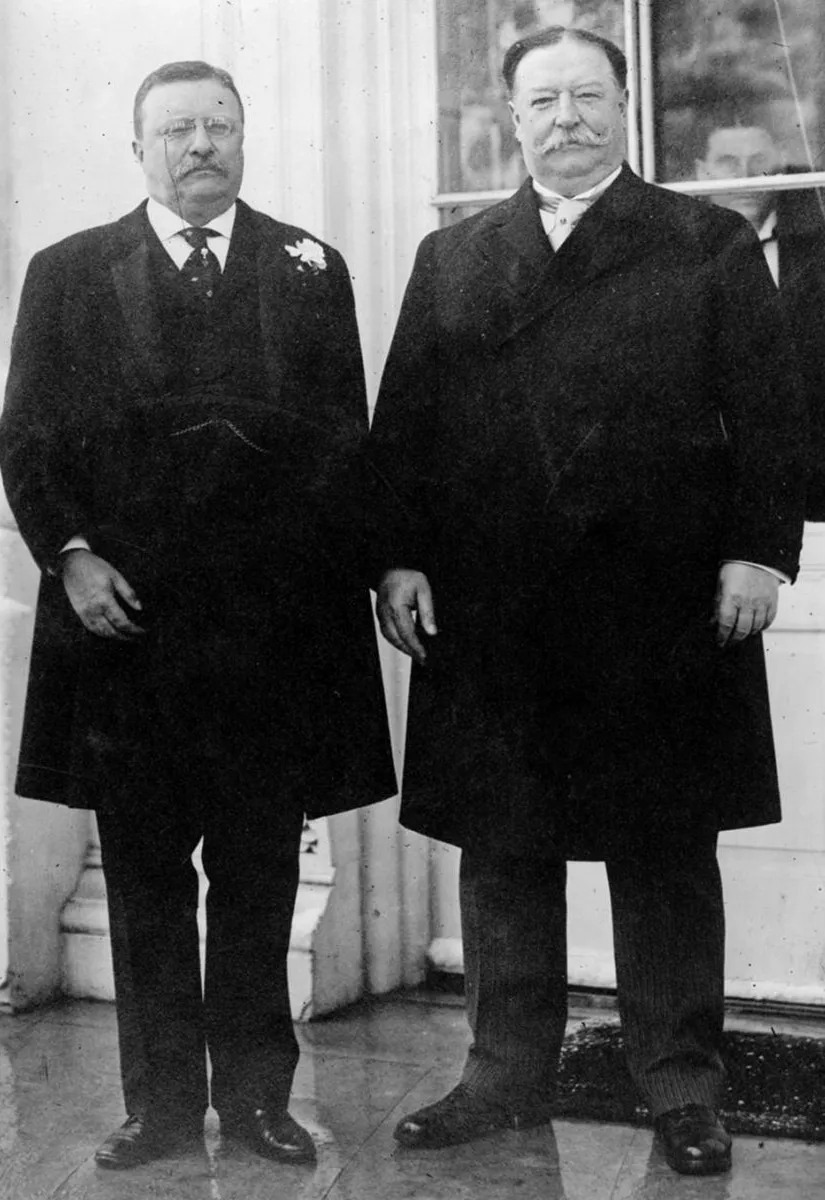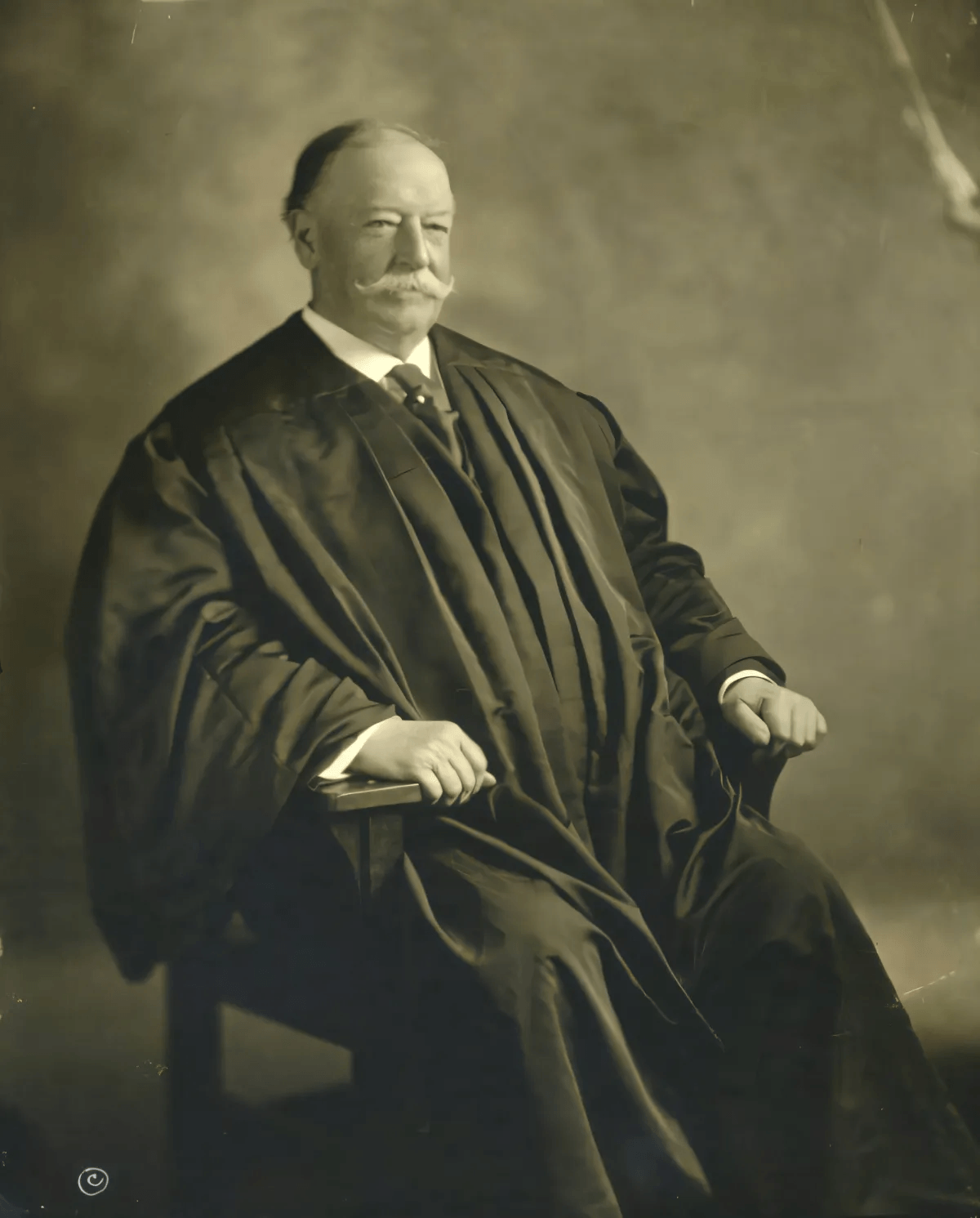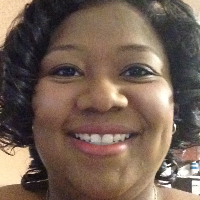The Republican Divide: Tales From Washington's First Political Divide

America has always been a two-party political system of government. Today we are familiar with the Republican Party and the Democratic Party. We only see red and blue. Liberal and conservative. But was there ever a time in American politics where the established political party split over issues?
The year is 1908. American President Theodore (Teddy Roosevelt) decides not to run for re-election. While there is no limit to the terms in which a President can serve at the time, (Congress will pass an amendment after the death of Franklin Roosevelt) the unofficial rule is that Presidents serve two four-year terms before leaving office.
For Teddy, this was no different. Before he leaves, however, he has a goal in keeping some of the changes he's made in his time as Commander in Chief to stay in place. So as the field of candidates for President became more clear, he would decide who he thought was best to keep the status quo for the Republican agenda.
His choice is in former Secretary of War William H. Taft. Taft, a lawyer, and native of Ohio. Taft was the kind of politician who wasn't exactly into the idea of being President. He actually had the goal of becoming a justice on the Supreme Court.
Nonetheless, he was chosen to run, after some convincing by other Republicans. Now that they have chosen their candidate, the campaign season began in earnest.
But for the soon-to-be the former President Teddy Roosevelt, he had been having misgivings on deciding not to run for a third term. Despite this, Roosevelt kept his feelings to himself and Taft wins the 1908 election.
As Taft began his term, it became apparent that he was not his predecessor. He was more compromising to topics and policies that Roosevelt had taken a hard line on. (The main issue was Roosevelt's signature legacy, the Antitrust law) He began to look at Taft as weak and began to make reference to his regret for not running again.
Soon, Roosevelt began to speak out against Taft. And as the next election in 1912 approached, it became clear that there were different feelings about both men in the party. The party became two factions: Roosevelt and his supporters were more progressive, and Taft and his supporters were more conservatives.
Their stances on the politics of the day could not have been any different. Progressives favored more protections for women and children and wanted better restrictions on labor unions. But Taft and conservatives were more supportive of big business and did not support the labor unions.
The party was in a civil war with battle lines drawn. Roosevelt and his supports spin-off into their own party who called themselves 'The Bull Moose' Party; having their own party convention separate from the Republicans.
As the campaign continued on, the Democratic nominee, Woodrow Wilson, began to gain some momentum on account of the infighting from the Republicans. It became apparent that the two factions were more of a liability than originally thought.
With only a month or so until the general election, while slated to give a campaign speech, Roosevelt was shot by a would-be assassin. The bullet pierced his chest, but thanks to his folded speech in his breast pocket Roosevelt was able to continue the speech. He was then taken to the hospital afterward for treatment.
The story of his assassination attempt became a legend, as it only reinforced the perceptions of his tough-guy persona. Taft on the other hand would have a serious blow to his campaign. His Vice President James Sherman would die in late October of 1912 after suffering from Brights Disease.
Now without a running mate and with the election just days away, it was determined that the votes that came in for Sherman would be allocated to Nicholas Butler, a delegate from New Jersey.
On election day the apparent sway for Wilson came to fruition. He would place first in the electoral college, followed by Roosevelt, and Taft coming in third. In the popular vote, Wilson also won by a decent margin.
The split of the Republican party cost them the White House and destroyed the relationship between Roosevelt and Taft. Because of the wound from his assassination attempt, Roosevelt never again would be as strong as he was prior to the event. The bullet was left in his chest, which became infected, worsening his health.

He would later die as a result of chronic illnesses by 1919. As for Taft, he would return to Yale University for a time, before being nominated and later confirmed as Chief Justice of the Supreme Court in 1921. His goal to become apart of the court fulfilled, he would continue to serve on the court until just before his death in 1930.
Wilson, as history shows us, goes on to become a wartime President with the onset of World War One. He would later become incapacitated by a debilitating stroke while campaigning for the League of Nations.
Looking forward to America's political climate today, there seems to be another civil war brewing within the Republican party. While the split has yet to happen, it's apparent that another potential split could be closer than some realize.
Rather than Progressivism vs Conservatism, today it's more along the lines of radicalization of conservatives vs. the more moderate conservative. Like the Democrats of 1912, the split seems to have some effect on the ability to gain support from those who are no fans of either stance of the extreme positions in the republican party.
After the defeat of Trump in 2020, talks have begun to circulate about the possibility of a new party being formed in hopes of another Trump run for President in 2024.
Now that Trump has been impeached for the second time, (the first U.S. President to do so) and the predictable acquittal that followed; more and more talk of a third party is gaining more steam. Nearly 60% of Americans now think that a third political party is needed. Could America use another party that is less conservative and more progressive like the Bull Moose Party? Or could a break along the issues surrounding equal pay, economics, or racial disparity be more suitable to the electorate?
The discord of the Republican party is surely one to keep close attention to in the next several years.
Opinions and Perspectives
The article makes me wonder what other major party splits we might have missed in our history lessons.
It's fascinating how Roosevelt's larger-than-life personality influenced American politics even after his presidency.
The personal cost of political divisions seems so much clearer in this historical example.
Was anyone else surprised by how progressive some of Roosevelt's policies were for that time period?
Really shows how political parties aren't set in stone. They can split, reform, or completely transform.
The fact that 60% of Americans now want a third party shows how history might be repeating itself.
I think we sometimes romanticize past political eras. They had their own serious conflicts and divisions too.
What strikes me most is how much more straightforward political disagreements seemed to be back then.
The article could have explored more about how Wilson capitalized on the Republican divide.
Interesting that they didn't have term limits then. The two-term tradition was just that a tradition.
The whole story makes me wonder about the role of loyalty in politics, both then and now.
I'm particularly interested in how the Republican Party managed to reunite after such a dramatic split.
This story really shows why political parties need to manage internal divisions carefully.
It's remarkable how one issue like antitrust legislation could cause such a dramatic political split.
The shift from Roosevelt's aggressive antitrust stance to Taft's more measured approach really shows how leadership styles can affect policy.
I think it's important to note that despite their differences, both Roosevelt and Taft were trying to do what they thought was best for the country.
The impact of personal health on political careers is interesting. Both Roosevelt and Wilson were affected significantly.
Does anyone else see parallels between Roosevelt's personality cult and modern political figures?
I'm struck by how much influence Roosevelt maintained even after leaving office.
Fascinating how Taft went from Roosevelt's chosen successor to his political enemy so quickly.
I think we're oversimplifying the progressive vs conservative divide of 1912. It was much more nuanced.
The detail about Roosevelt's speech stopping the bullet is like something out of a movie, but it actually happened!
Let's not forget that despite the split, both Roosevelt and Taft were still fundamentally Republicans at heart.
I wonder if a third party today would have any better chance than the Bull Moose Party did.
The article's comparison to modern politics seems a bit forced. Today's divisions are much more ideological.
What amazes me is how quickly the political landscape changed in just four years between 1908 and 1912.
The mention of Vice President Sherman's death so close to the election is an interesting detail I'd never heard before.
I'm fascinated by how Taft managed to achieve his dream of becoming a Supreme Court Justice after all the political drama.
It's worth noting that Roosevelt's progressivism was still pretty conservative by today's standards.
We often forget that the two-party system wasn't always set in stone. The Bull Moose Party actually had a real chance.
Anyone else notice how personal relationships in politics seemed to matter more back then? Look at how the Roosevelt-Taft friendship was destroyed.
True, but I think the Progressive movement back then had much clearer goals than today's political movements.
I find it remarkable that we're still dealing with similar issues today regarding business regulation and worker protections.
The fact that Wilson won because of the Republican split shows why our two-party system is so resistant to change.
Really makes me wonder what would have happened if Roosevelt had just run for a third term in 1908 instead of waiting until 1912.
Interesting how Taft's more moderate approach to antitrust laws caused such a rift. Makes you think about compromise in politics.
I disagree with the article's suggestion that today's Republican divide is similar. The issues and context are completely different.
Can't help but admire Roosevelt's toughness. Getting shot and still delivering a speech? We don't make them like that anymore!
The antitrust issues they fought over are still relevant today, especially with big tech companies dominating the market.
What strikes me most is how civil their disagreements were compared to today's political discourse.
Actually, I think you're missing the point about Taft. He never wanted to be President in the first place. His dream was always the Supreme Court.
I'm surprised by how ambitious Taft actually was. Going from President to Chief Justice of the Supreme Court is quite the career path.
The article doesn't mention that Roosevelt's Bull Moose Party had some really progressive ideas for its time. They supported women's suffrage and social insurance programs.
While I understand the comparison to modern politics, I think the 1912 split was fundamentally different. Roosevelt and Taft had real policy disagreements, not just personality conflicts.
I never knew Roosevelt actually got shot during a campaign speech and continued speaking! That's incredible dedication to his cause.
Fascinating how history tends to repeat itself. The parallels between the 1912 Republican split and today's political climate are striking.
